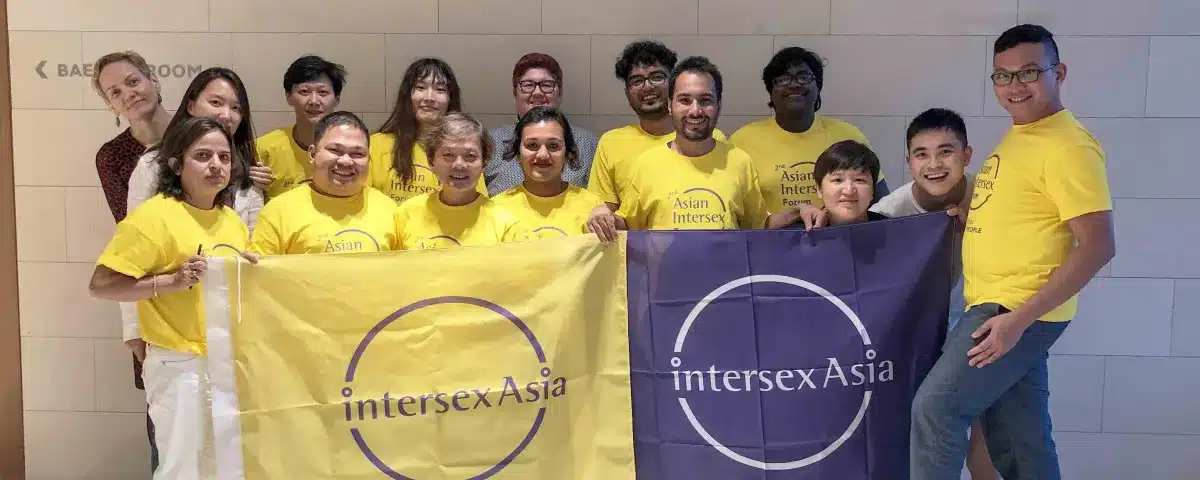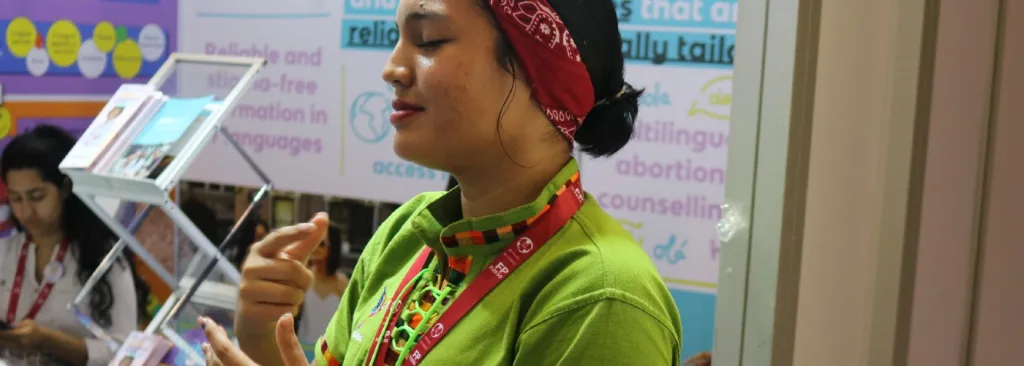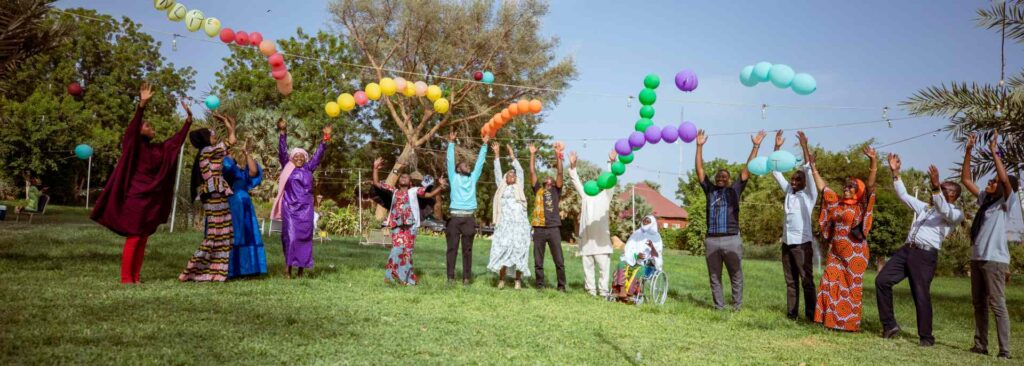Intersex people are largely ignored in many Asian countries – by the law, by educational institutions, and by the medical world. This lack of recognition results in discrimination, social exclusion and medical malpractice. With the support of our Voice program, Intersex Asia researches the human rights of intersex people in eight countries. Activists can use the results in lobbying legislators and policymakers to remedy this situation.
Intersex people are born with male and female sex characteristics. “In Asian countries there is a lot of ignorance about what this means,” says Prashant Singh of Intersex Asia, who is dedicated to improving the position of intersex people. “That’s because their existence isn’t recognized. In the medical world, the prevailing view is that you’re either male or female. There is no mention of intersex people at school during biology class, and not even medical students are taught about them.”
Non-essential surgery
Doctors frequently advise parents to have their intersex child’s genitals “normalized.” “These are often unnecessary operations performed on young children without their consent,” says Prashant. “This cosmetic surgery is dangerous and a violation of human rights. In addition to physical injuries, these children suffer trauma. They can suffer from psychological problems for years.”
Improvement through research
Intersex Asia is a network organization and has been working to improve the rights of intersex people since 2018. “We have about 10 intersex organizations affiliated with us from various Asian countries. We support them in knowledge development, research, and advocacy. We also raise awareness about human rights violations and discrimination faced by intersex communities.”
“Based on interviews and literature, we research what rights intersex people have or don’t. We paint a picture of the intersex movement per country and analyze problems specific to each context. For example, what is the impact of certain laws? Finally, we make recommendations to improve the situation and address the problems.”
Sharing results
The research results are included in reports distributed through Intersex Asia’s online channels. Prashant: “We’re developing a research database with all existing information about Asian intersex people. People can find information on different countries through a map of Asia. It’s available in both English and the language or languages of each country. This makes the information accessible for everyone,” Prashant explains. The results are also used in awareness-raising workshops given by intersex activists at ministries, human rights and children’s rights organizations, and educational and medical institutions.
More impact
Intersex Asia also uses its reports to support activists in advocating for intersex rights and making legislators, policymakers and society aware of the discrimination and exclusion intersex people endure. “When we criticize existing policies, we can support our arguments with solid evidence thanks to our research. If we’re listened to better and taken seriously, we can have greater impact,” says Prashant.
The right moment
According to Prashant, the time is ripe for this project. “There are many countries in Asia right now that are passing laws against discrimination and in support of transgender rights. But not much is happening yet for intersex rights. So we’ve got to seize the opportunity and make sure their rights are also included in new legislation.”
About Voice
Voice is an innovative grant facility executed by a consortium between Oxfam Novib and Hivos. It supports rightsholders and groups facing marginalization or discrimination in their efforts to express their views and demand their right to responsive and inclusive societies. Specifically: people with disability; LGBTIQ+ people; women facing exploitation, abuse or violence; vulnerable elderly and the youth; Indigenous people, and ethnic minorities.








